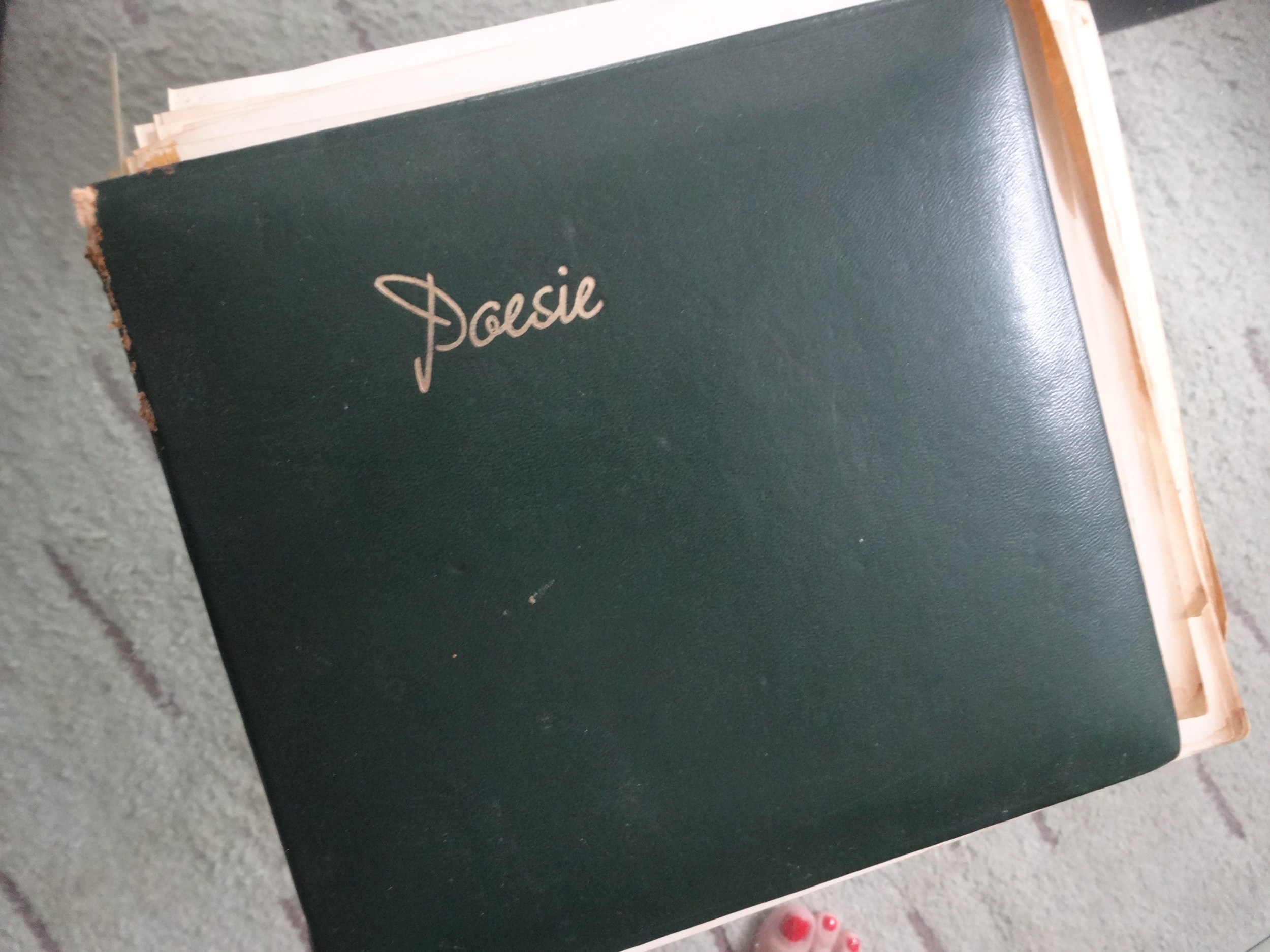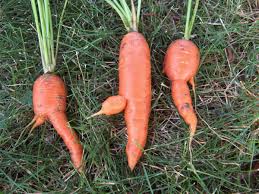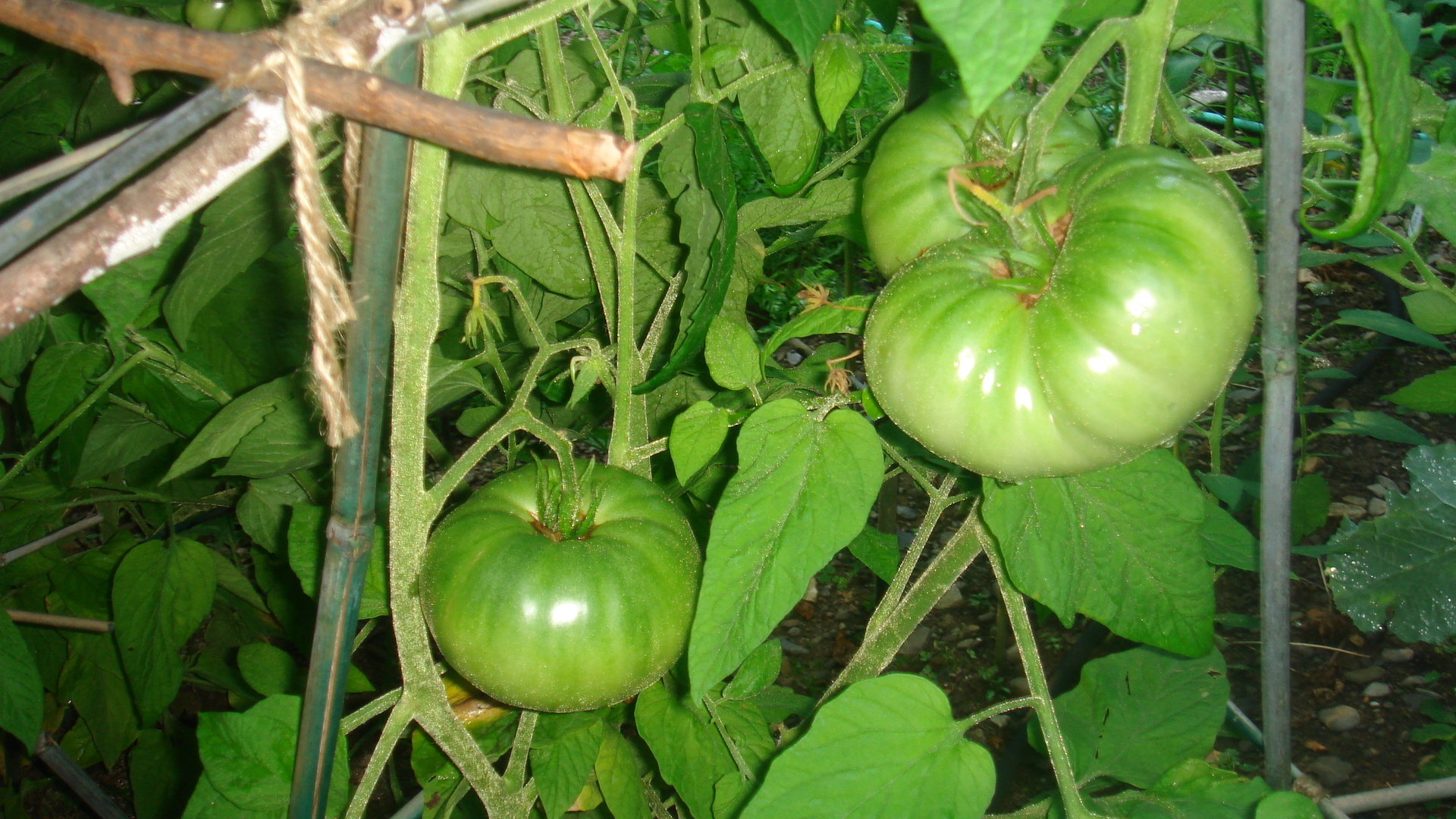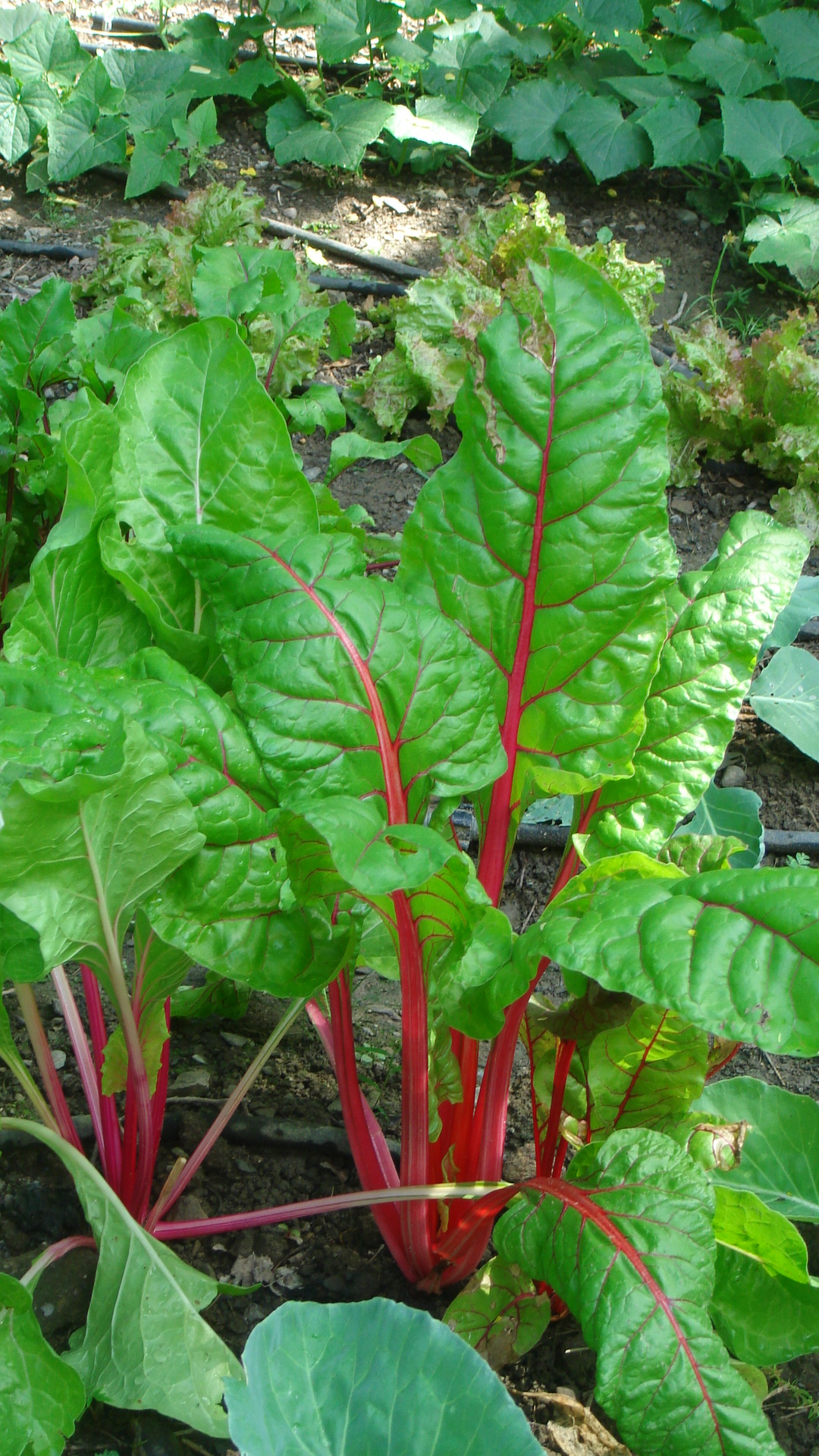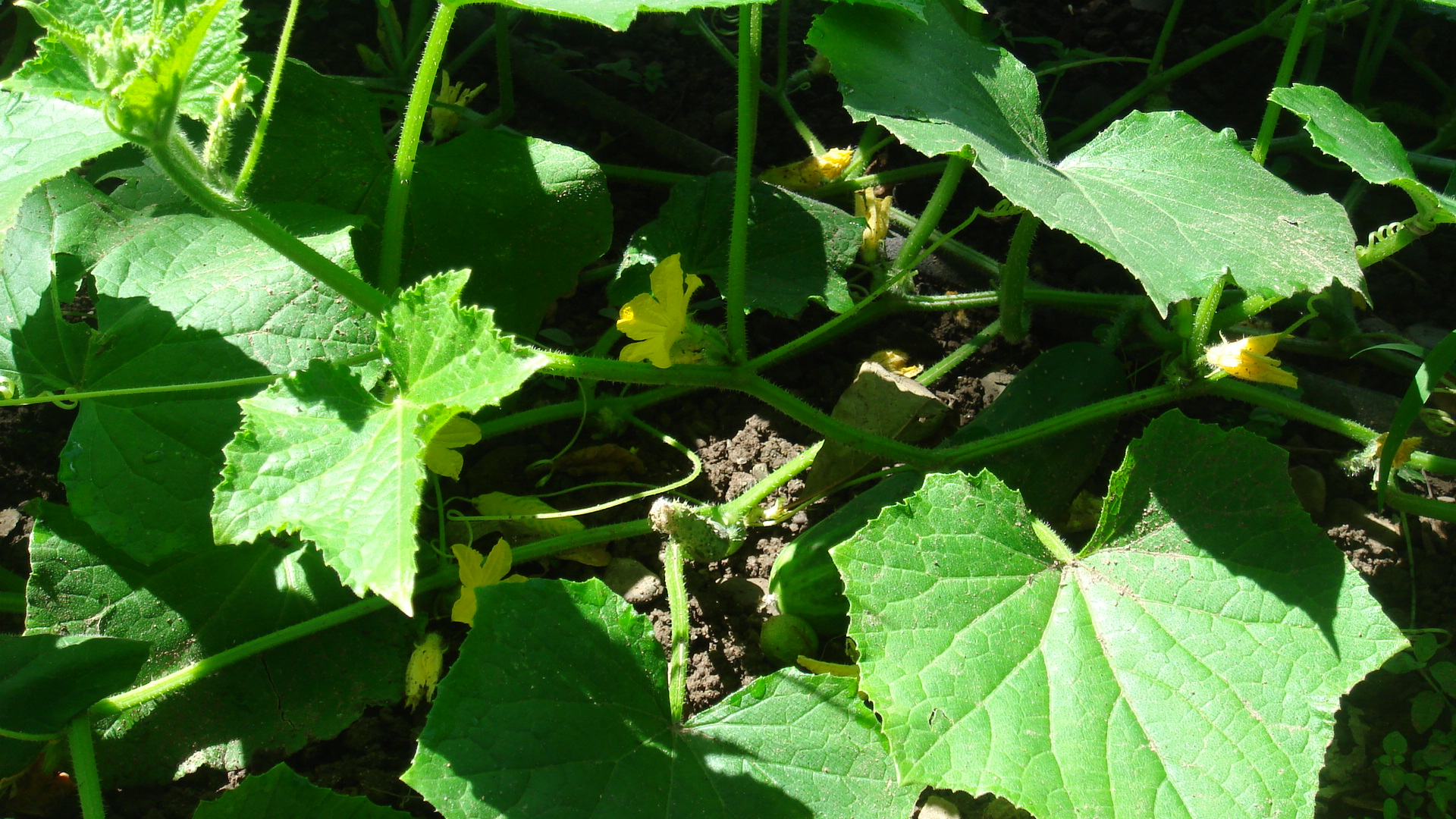....or about getting to know your body. It is invaluable to listen to and understand your body, to learn to read its signals. While it is easy to pop a pill and not give a symptom a second thought, it is helpful and eye-opening to look at symptoms as an expression of something that is going on in your mind. After all, body and mind are inextricably linked.
A headache is something that can oftentimes easily be deciphered as lack of rest, or a cold (need for rest again), or a subconscious issue that bothers you, or a looming decision that's got you in a tizzy, or something stressful going on. Popping that headache pill will eliminate the symptom, at least temporarily, but it will not solve the actual problem. So it makes sense to tune in and go a little deeper to try to understand what caused the headache.
A pulled muscle's provenance is easy to identify and the treatment is straightforward. But, again, popping that pill helps to cover the pain, while it does nothing for actually giving that muscle the rest it needs to heal. Besides, why did you pull it? No time to warm up? Impatience? The answer may be to slow down. And the pulled muscle does that for you.
When something is not quite right in my diet my stomach makes itself known right away. Whether too much meat or carbs, not enough greens, too much sweet stuff - my stomach tells me. Stress, too, shows up in my stomach.
Two questions to ask yourself about a symptom are: "What does this symptom prevent me from doing?" and "What does this symptom force me to do?"
Breaking a leg prevents you from running around, having a cold makes you rest, losing your voice forces you to be quiet. There can be a lot of symbolism between a symptom and your particular need at this point in time. Don't ignore that need. By simply suppressing that underlying emotional or physical need your body will show you in a different way what it needs.
So - tune in.
P.S.: I also invite you to reread an earlier related blog post "are accidents really accidents?"




